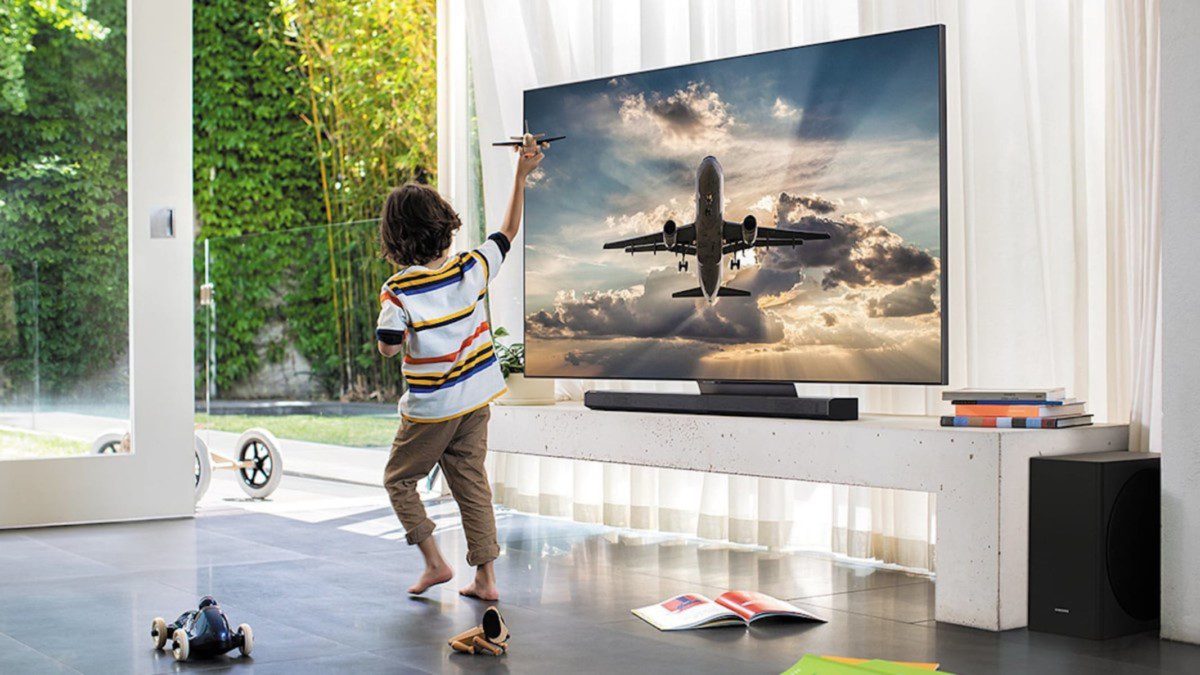Samsung and LG are two leading brands in the smart TV market, offering a wide range of products with numerous features. Samsung smart TVs have a sleek and minimalist design, while LG’s TVs have a unique and bold appearance. Both brands offer top-notch performance in terms of picture quality, with Samsung excelling in bright rooms and LG in dark rooms. Both brands offer built-in Wi-Fi and access to popular streaming services, with intuitive interfaces and voice control options. Samsung is better for gaming, while LG’s OLED TVs are generally less expensive. Ultimately, the decision comes down to personal preference and priorities.
Samsung vs. LG: Comparing the Top Smart TVs
Introduction
When it comes to buying a new TV, consumers are often faced with a decision between Samsung and LG. With both companies offering a wide range of smart TVs with numerous features, it can be hard to decide which is the best option for you. This article will compare and contrast Samsung and LG’s top smart TVs, highlighting their similarities and differences.
Design
Both Samsung and LG offer sleek and modern designs for their smart TVs, but their aesthetics differ slightly. Samsung’s TVs tend to have a more minimalist and elegant look, often with a slim profile and small bezels. LG’s TVs, on the other hand, have a more striking and bold appearance, often featuring a unique stand or bezel design. Ultimately, the deciding factor on which design is better is subjective, and depends on personal preference.
Picture Quality
When it comes to picture quality, both Samsung and LG offer top-notch performance. Samsung’s QLED TVs have an excellent color accuracy and contrast, producing deep blacks and bright whites. LG’s OLED TVs, on the other hand, have the best contrast and produce true blacks thanks to its self-lit pixels. However, Samsung’s TVs tend to perform better in bright rooms, while LG’s OLED TVs are better in dark rooms due to their lower brightness.
Features
Both Samsung and LG offer a range of features on their smart TVs, with some overlapping and others unique to each brand. Both offer built-in Wi-Fi and access to popular streaming services like Netflix, Amazon Prime Video and Hulu. Samsung’s Tizen operating system and LG’s webOS platform are both user-friendly, with intuitive interfaces and voice control options. However, Samsung’s smart TVs also offer Bixby, its own AI-powered assistant, while LG’s smart TVs offer integration with Google Assistant and Amazon Alexa.
Gaming
For avid gamers, Samsung is typically the better choice, as its QLED TVs have low input lag and support for AMD FreeSync and NVIDIA G-Sync. LG’s OLED TVs also have low input lag, but do not support variable refresh rates or FreeSync. Additionally, Samsung offers Game Enhancer mode, which enhances picture quality and reduces motion blur for a more immersive gaming experience.
Price
Both Samsung and LG offer a range of smart TVs at various price points, with Samsung’s QLED TVs generally being more expensive than LG’s OLED TVs. However, the price difference also depends on the size and features of the TV being compared. Ultimately, the price of the TV may dictate which brand a person chooses, with LG offering strong performance at a lower cost.
Conclusion
In conclusion, both Samsung and LG offer excellent smart TVs with top-notch performance and a range of features. While there are differences in design, picture quality, features, gaming, and price, the decision ultimately comes down to personal preference and priorities. Ultimately, both brands offer a high-quality viewing experience, making it a win-win for consumers.
